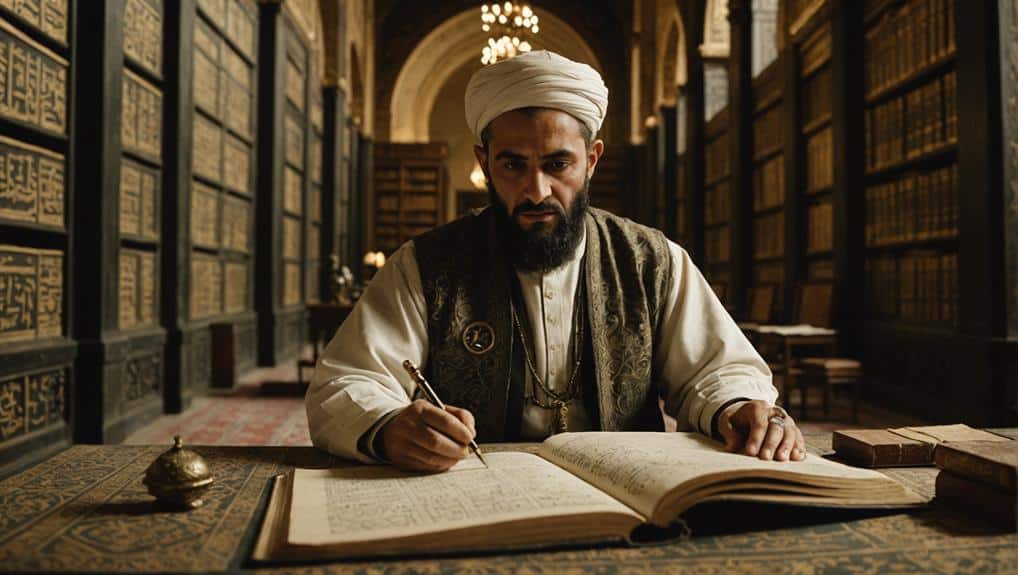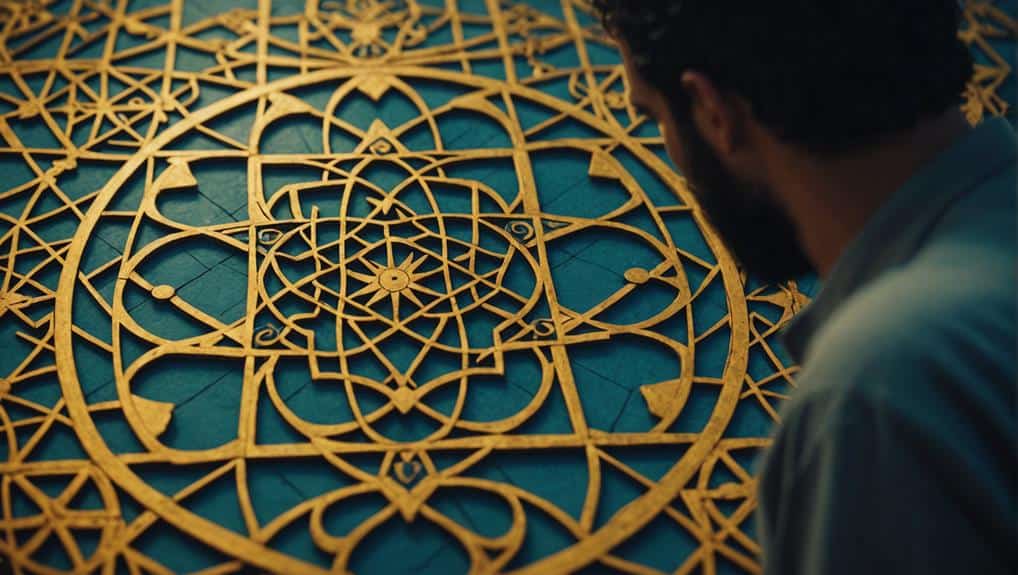Introduction and Historical Context
Overview of the Islamic Golden Age (8th to 14th century)
The Islamic Golden Age, spanning from the 8th to the 14th century, was a period of remarkable intellectual and cultural flourishing in the Muslim world. This era saw significant advancements in science, technology, medicine, philosophy, and the arts, driven by a spirit of inquiry and the patronage of various caliphs and rulers.
Geographic Extent and Political Background: Abbasid Caliphate
The epicenter of the Islamic Golden Age was the Abbasid Caliphate, which succeeded the Umayyad Caliphate in 750 AD. The Abbasids established their capital in Baghdad, making it a vibrant hub of learning and culture. Their empire extended from the Iberian Peninsula in the west to the Indus River in the east, encompassing diverse cultures and facilitating the exchange of knowledge and ideas.
Cultural and Scientific Achievements
Advances in Science: Mathematics, Astronomy, Medicine
The Islamic Golden Age was marked by significant contributions to various scientific fields:
- Mathematics: Scholars like Al-Khwarizmi, known as the father of algebra, made foundational contributions to algebra and algorithms.
- Astronomy: Muslim astronomers improved upon Ptolemaic models, developed sophisticated astronomical instruments, and compiled detailed star catalogs.
- Medicine: Figures such as Ibn Sina (Avicenna) and Al-Razi (Rhazes) wrote comprehensive medical texts like “The Canon of Medicine” and “The Comprehensive Book of Medicine,” which were used in Europe for centuries.
Prominent Figures: Al-Khwarizmi, Ibn Sina (Avicenna), Al-Razi (Rhazes)
- Al-Khwarizmi: His works on algebra and arithmetic laid the groundwork for modern mathematics.
- Ibn Sina (Avicenna): A polymath whose “Canon of Medicine” became a standard medical text in both the Islamic world and Europe.
- Al-Razi (Rhazes): A pioneering physician and chemist, known for his medical encyclopedias and for identifying smallpox and measles.
Development of Libraries and Universities, such as the House of Wisdom in Baghdad
The Abbasid Caliphs established numerous centers of learning, with the House of Wisdom in Baghdad being the most famous. These institutions translated and preserved Greek, Persian, and Indian texts, fostering an environment of intellectual exchange and innovation. Scholars from various backgrounds gathered to study, translate, and expand upon existing knowledge.
Art and Architecture
Islamic Art: Calligraphy, Geometric Patterns, and Arabesques
Islamic art is renowned for its intricate calligraphy, often featuring verses from the Quran, and its elaborate geometric patterns and arabesques. These artistic styles emphasized aniconism and abstraction, creating visually stunning and spiritually resonant works.
Architectural Marvels: Alhambra, Great Mosque of Córdoba, Al-Azhar University
- Alhambra: A magnificent palace and fortress complex in Granada, Spain, showcasing exquisite Islamic art and architecture.
- Great Mosque of Córdoba: Known for its stunning arches and ornate decoration, this mosque was a center of learning and spirituality in Al-Andalus.
- Al-Azhar University: Founded in Cairo in 970 AD, Al-Azhar became a leading institution for Islamic and secular studies, continuing to influence the Muslim world today.
Philosophy and Literature
Influence of Greek Philosophy and the Works of Al-Farabi, Ibn Rushd (Averroes)
Islamic philosophers engaged deeply with Greek philosophy, particularly the works of Plato and Aristotle. Al-Farabi and Ibn Rushd (Averroes) were instrumental in harmonizing Islamic thought with Greek philosophy. Their works on metaphysics, ethics, and logic had a profound impact on both the Islamic world and medieval Europe.
Literary Contributions: One Thousand and One Nights, Poetry of Rumi
- One Thousand and One Nights: This collection of Middle Eastern folk tales, including famous stories like Aladdin and Sinbad, has captivated audiences for centuries.
- Poetry of Rumi: Jalaluddin Rumi, a 13th-century Persian poet and mystic, wrote deeply spiritual and philosophical poetry that continues to inspire readers around the world.
Economic and Trade Networks
The Role of Trade in the Islamic World: Silk Road, Indian Ocean Trade Routes
The Islamic Golden Age was marked by extensive trade networks that connected the Muslim world with Europe, Africa, and Asia. The Silk Road and Indian Ocean trade routes facilitated the exchange of goods, ideas, and technologies, contributing to economic prosperity and cultural diffusion.
Key Economic Innovations: Banking Systems, Checks (Sakk), and Mercantilism
Muslim traders and scholars introduced several economic innovations that had a lasting impact:
- Banking Systems: Developed sophisticated financial instruments and institutions to support trade.
- Checks (Sakk): Early forms of checks that facilitated secure and efficient transactions over long distances.
- Mercantilism: The Islamic world played a crucial role in the development of mercantile practices and economic theories that influenced later European trade and commerce.
Read More About The Islamic Golden Age
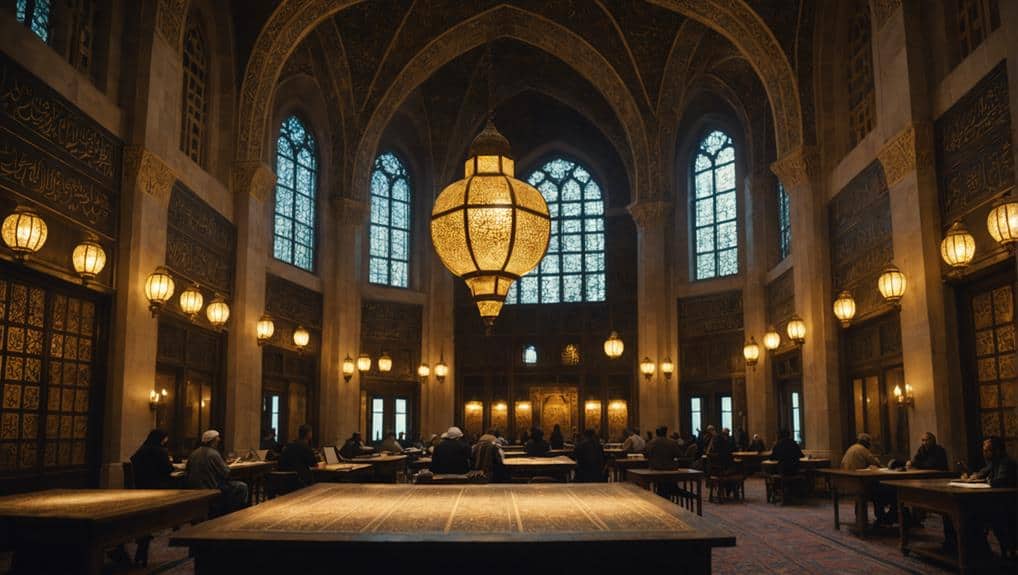
Beyond Algebra: Mathematical Wonders of the Islamic Golden Age
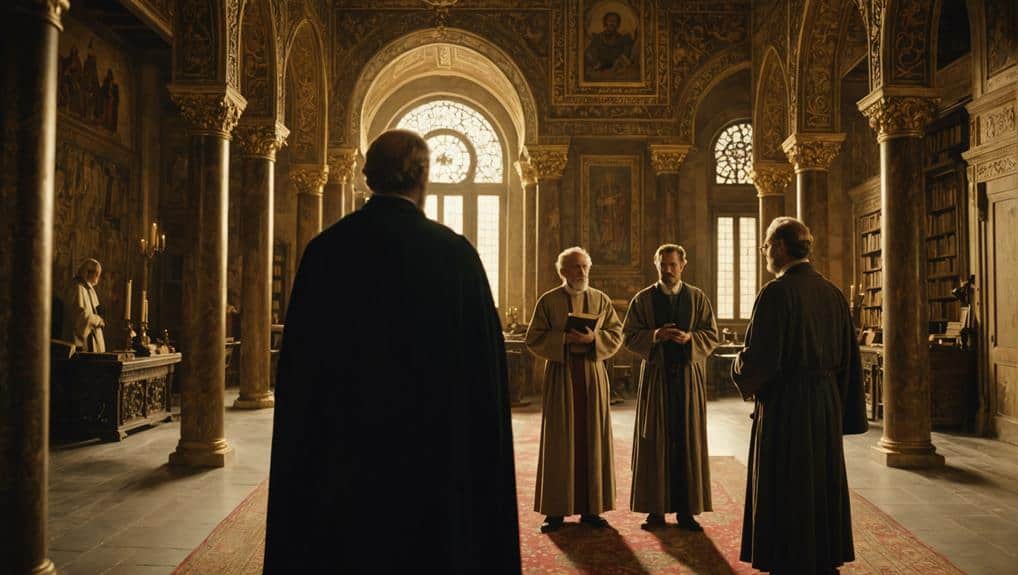
How the Islamic Golden Age Sparked the European Renaissance
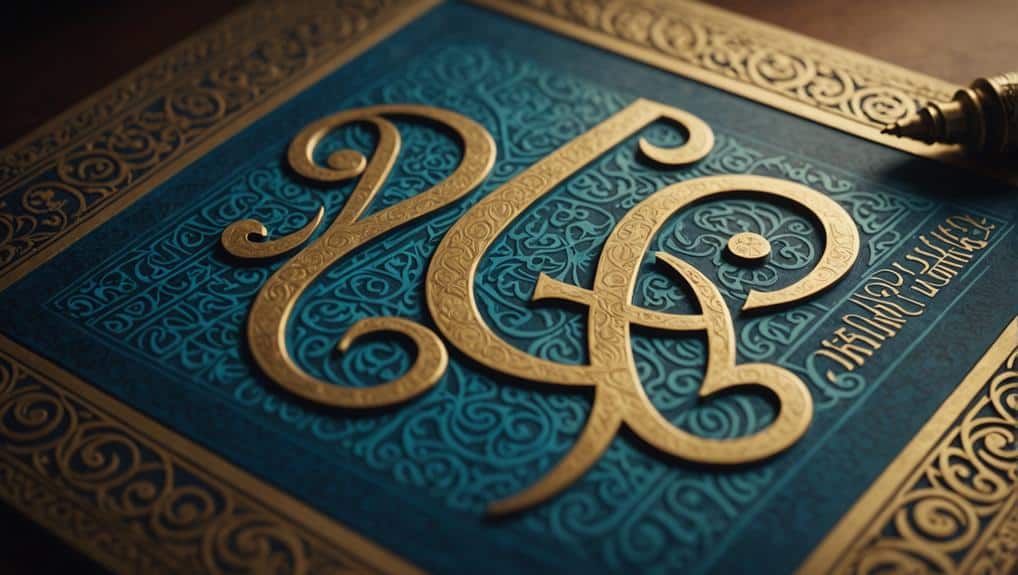
Calligraphy Masterpieces: The Stunning Art of the Islamic Golden Age
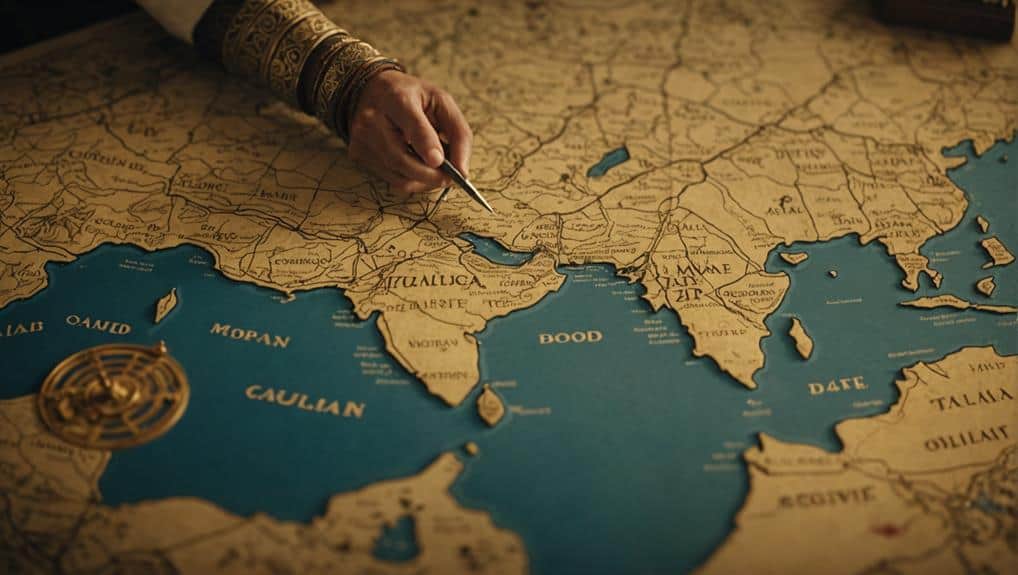
Mapping the World: Islamic Geographers Who Charted New Realms
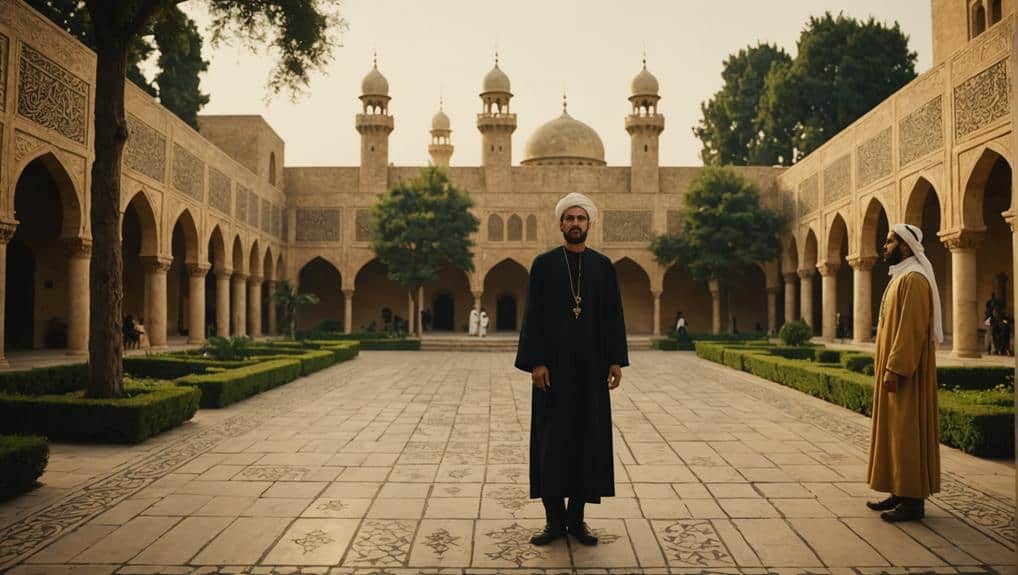
First Universities: How the Islamic Golden Age Shaped Education

Zero to Infinity: The Islamic Scholar Who Gave Us Zero
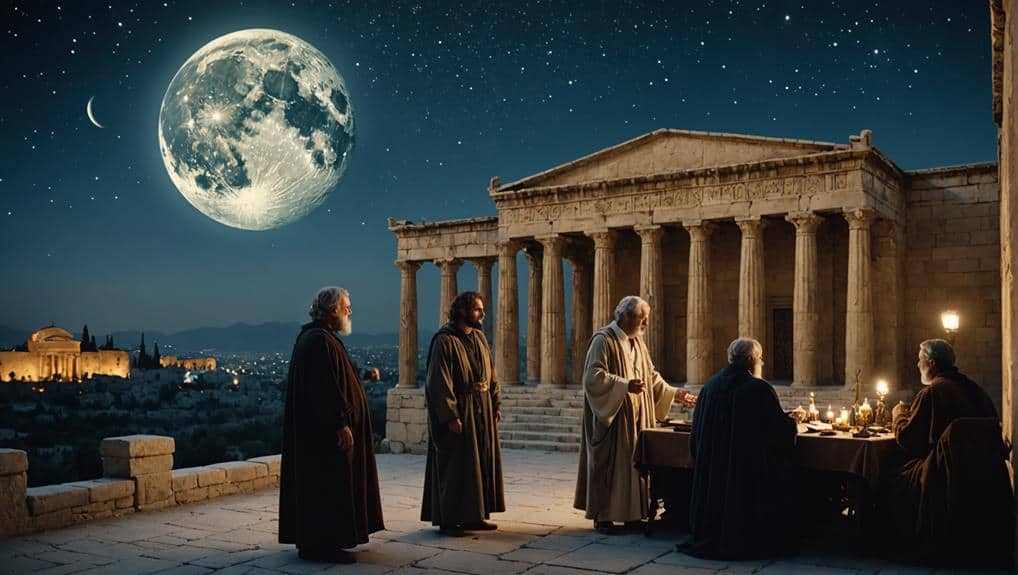
Philosophy Reborn: How Islamic Thinkers Bridged Ancient and Modern
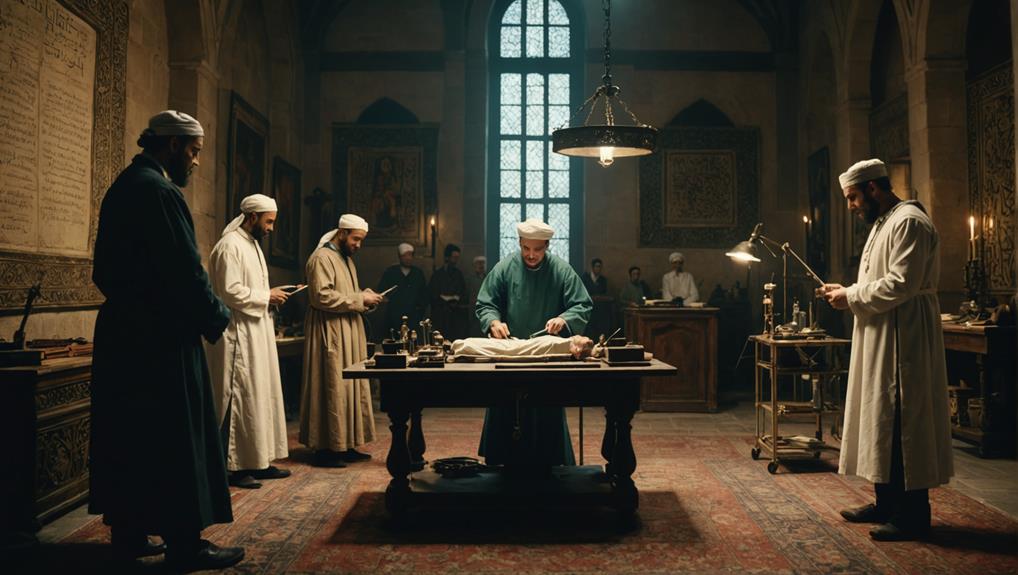
Surgical Pioneers: The Islamic Surgeons Who Changed Medicine
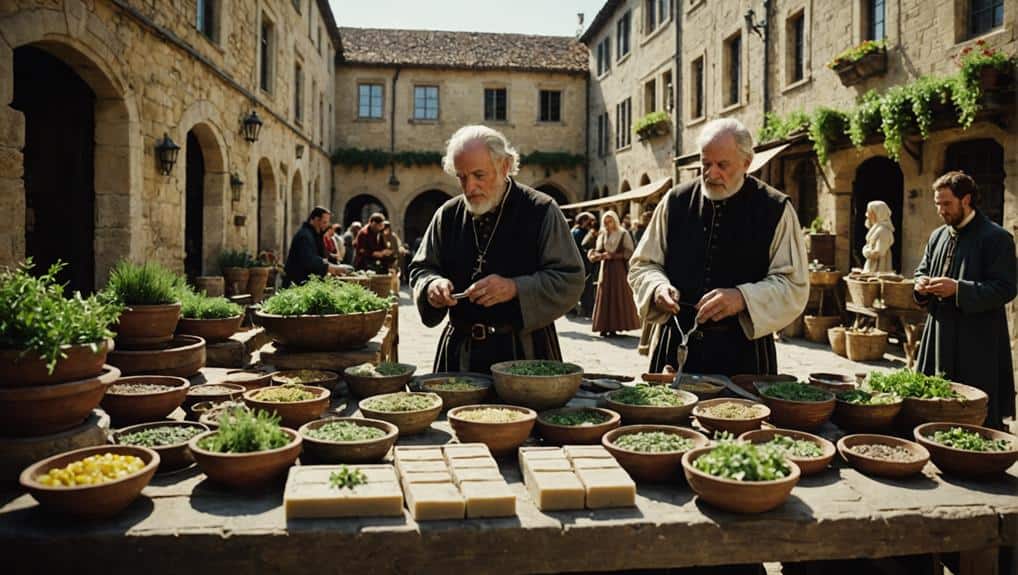
Cleanliness Revolution: How the Islamic Golden Age Gave Us Soap
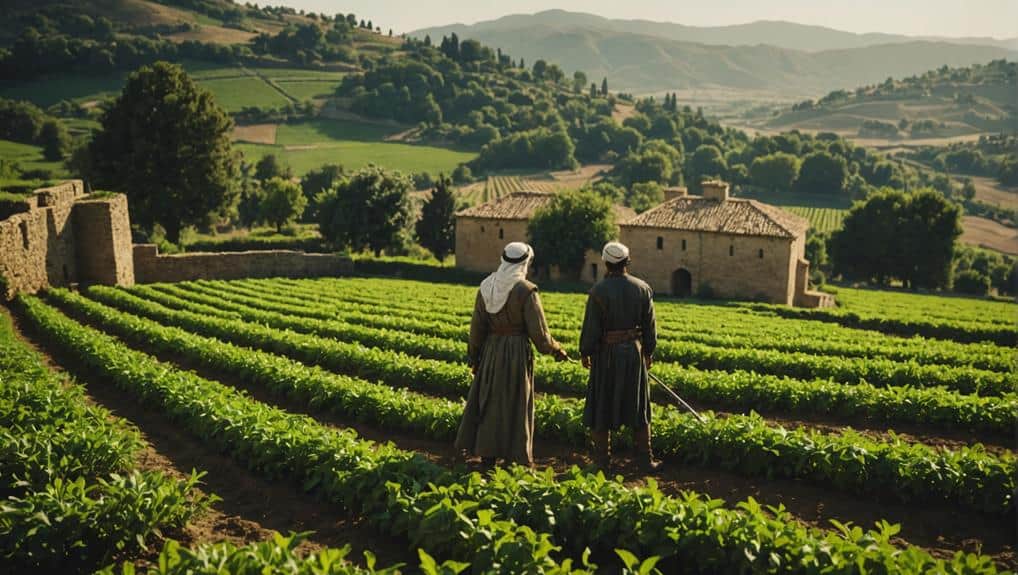
Agricultural Marvels: How Islamic Innovations Fed the World

The Timeless Poetry of Rumi: Why His Words Still Resonate Today
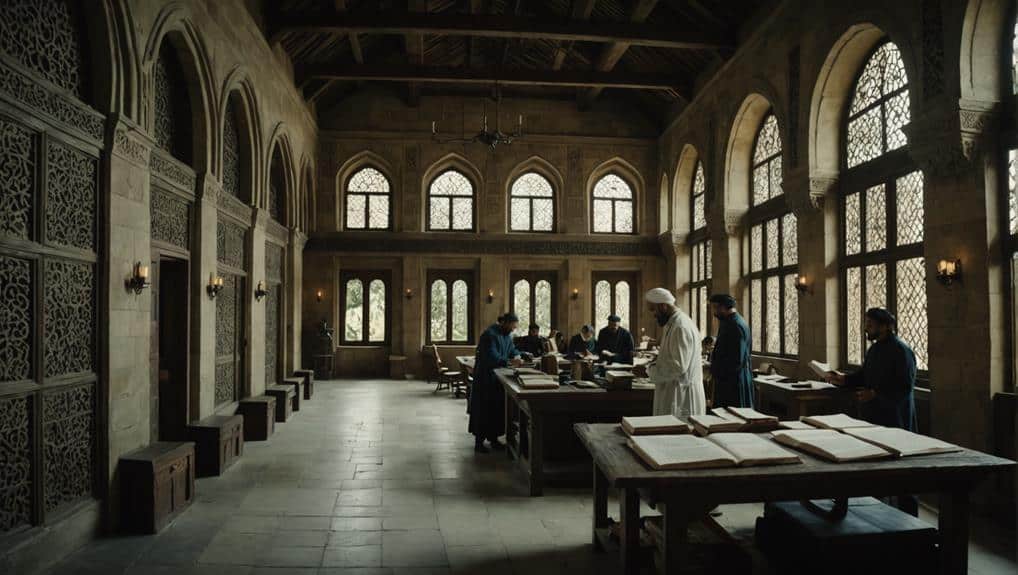
The World’s First Hospitals: A Legacy of the Islamic Golden Age

Alchemy to Chemistry: Islamic Scientists Who Transformed Science
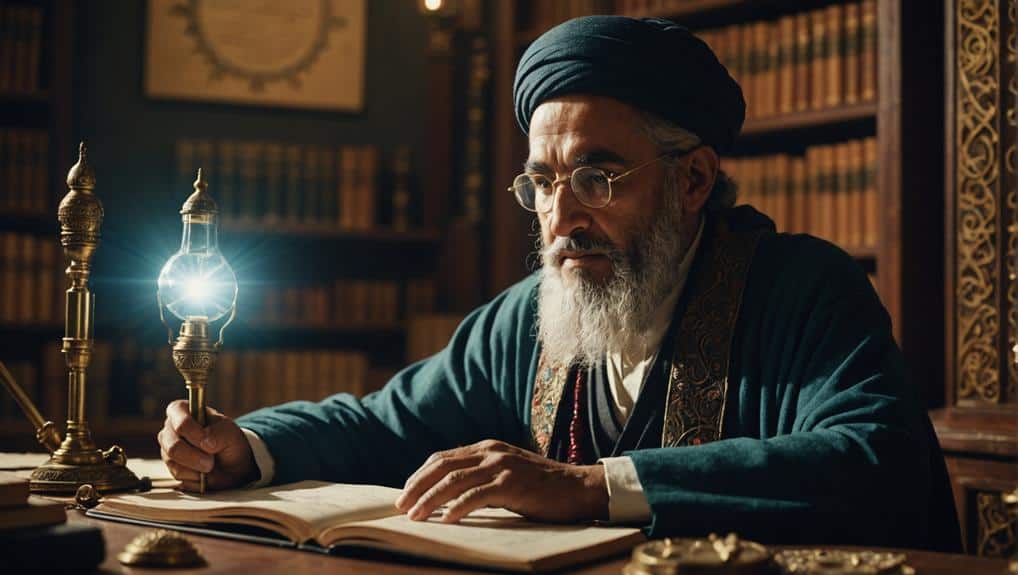
Revolutionary Optics: The Islamic Scholar Who Unveiled Light's Mysteries
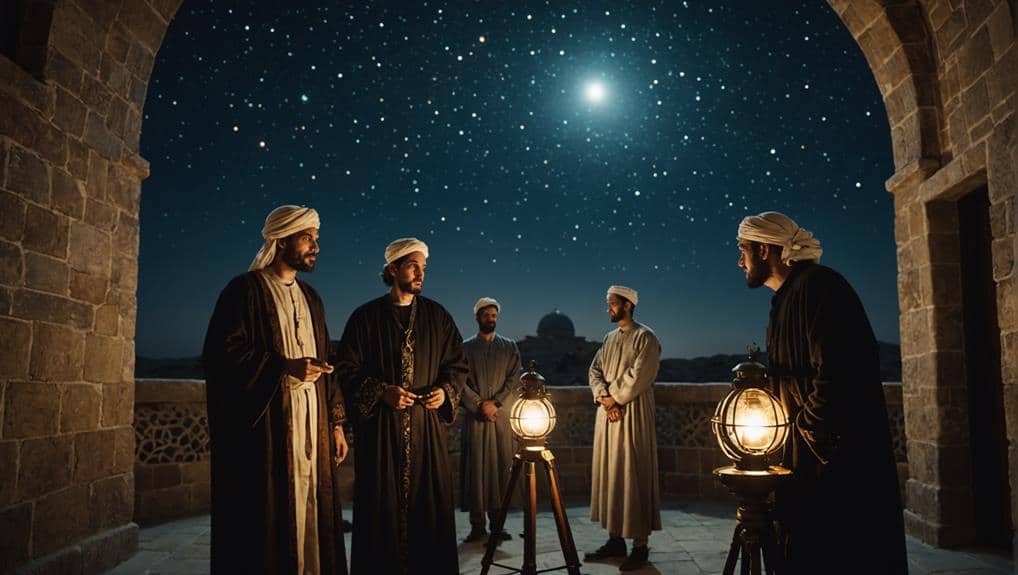
How Islamic Astronomers Mapped the Stars and Changed the World
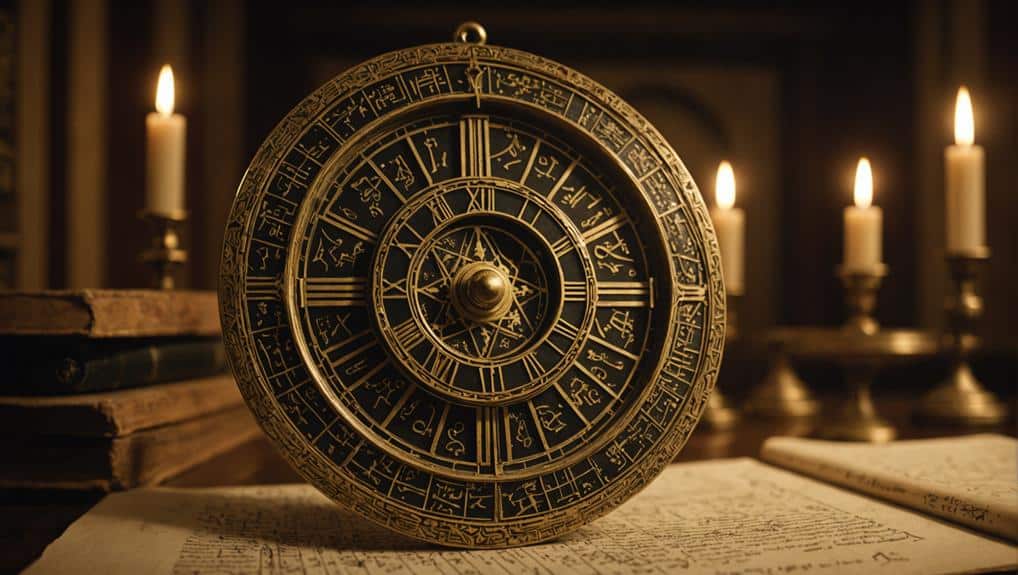
Astrolabe Secrets: The Medieval GPS Invented by Islamic Scholars
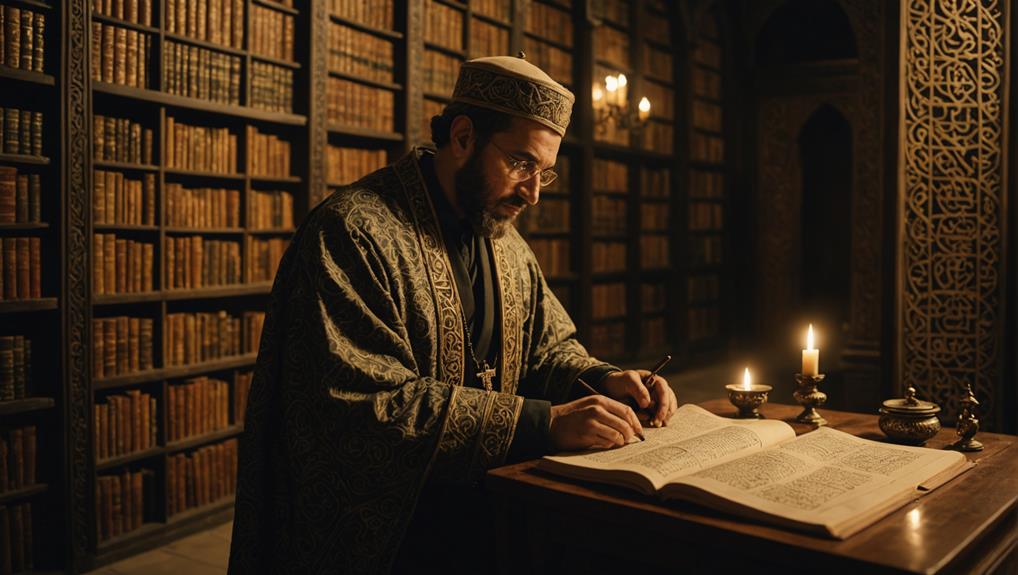
How Islamic Scholars Preserved Ancient Knowledge
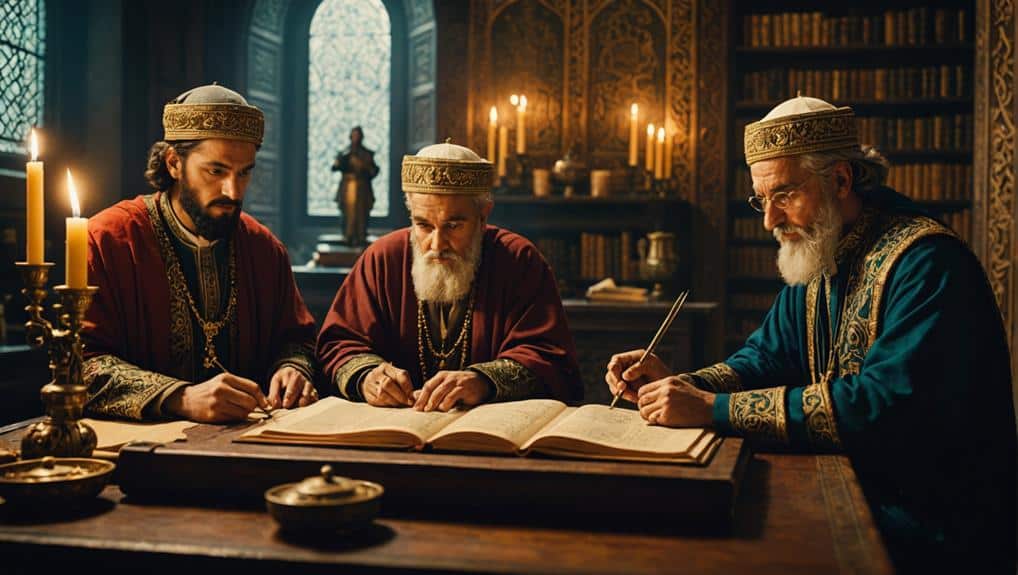
Islamic Medicine: Discover the Innovations That Saved Lives
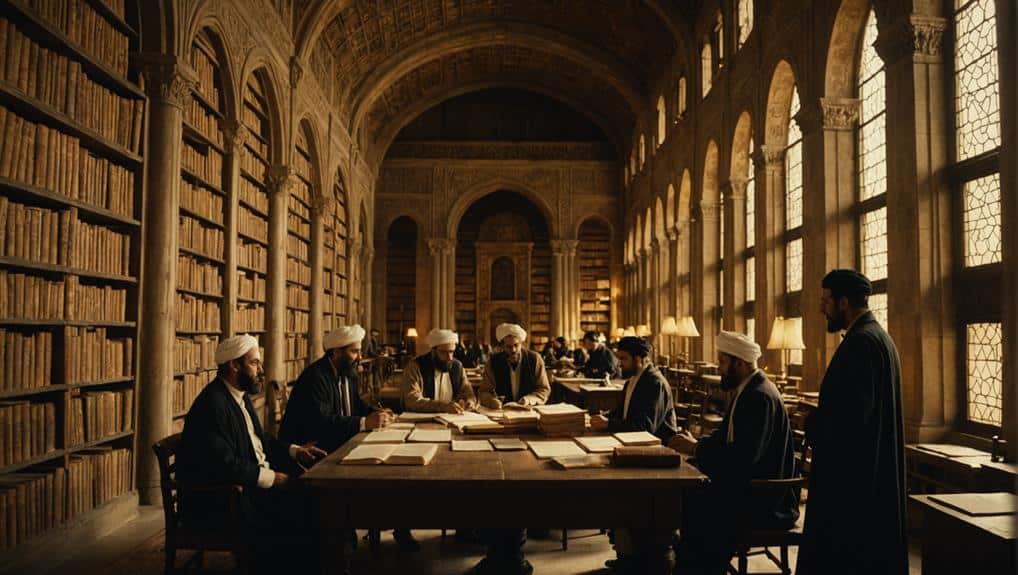
Inside the House of Wisdom: The Ancient Hub of Knowledge
